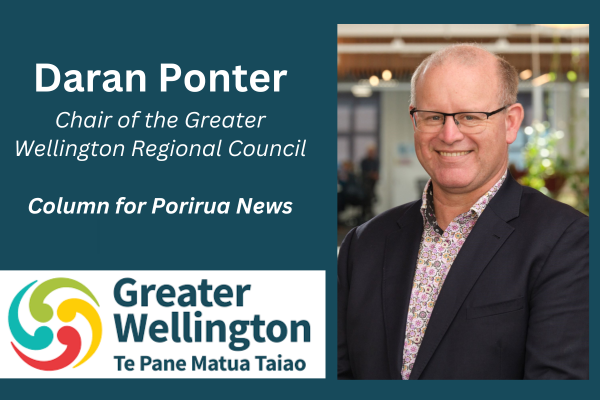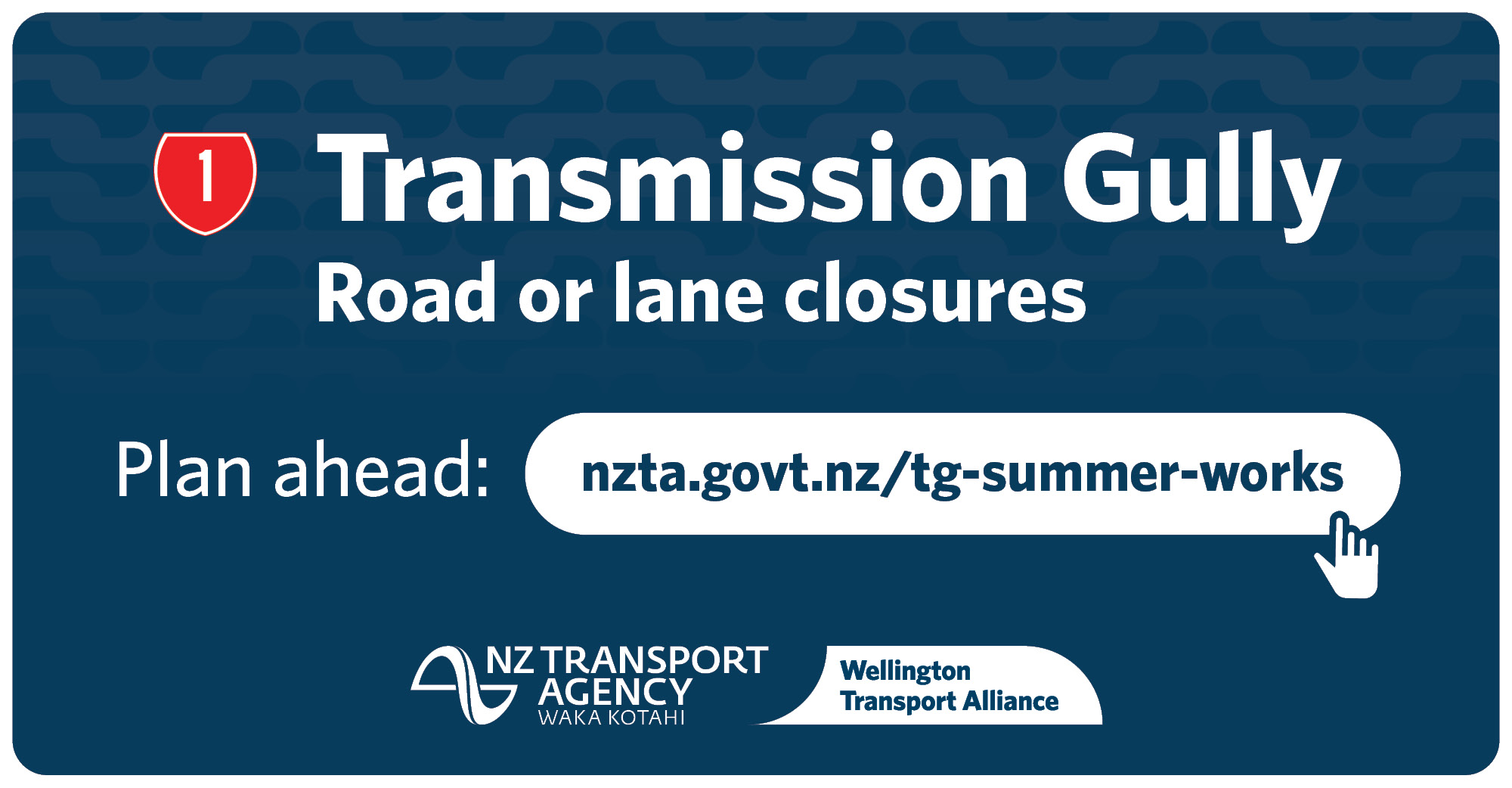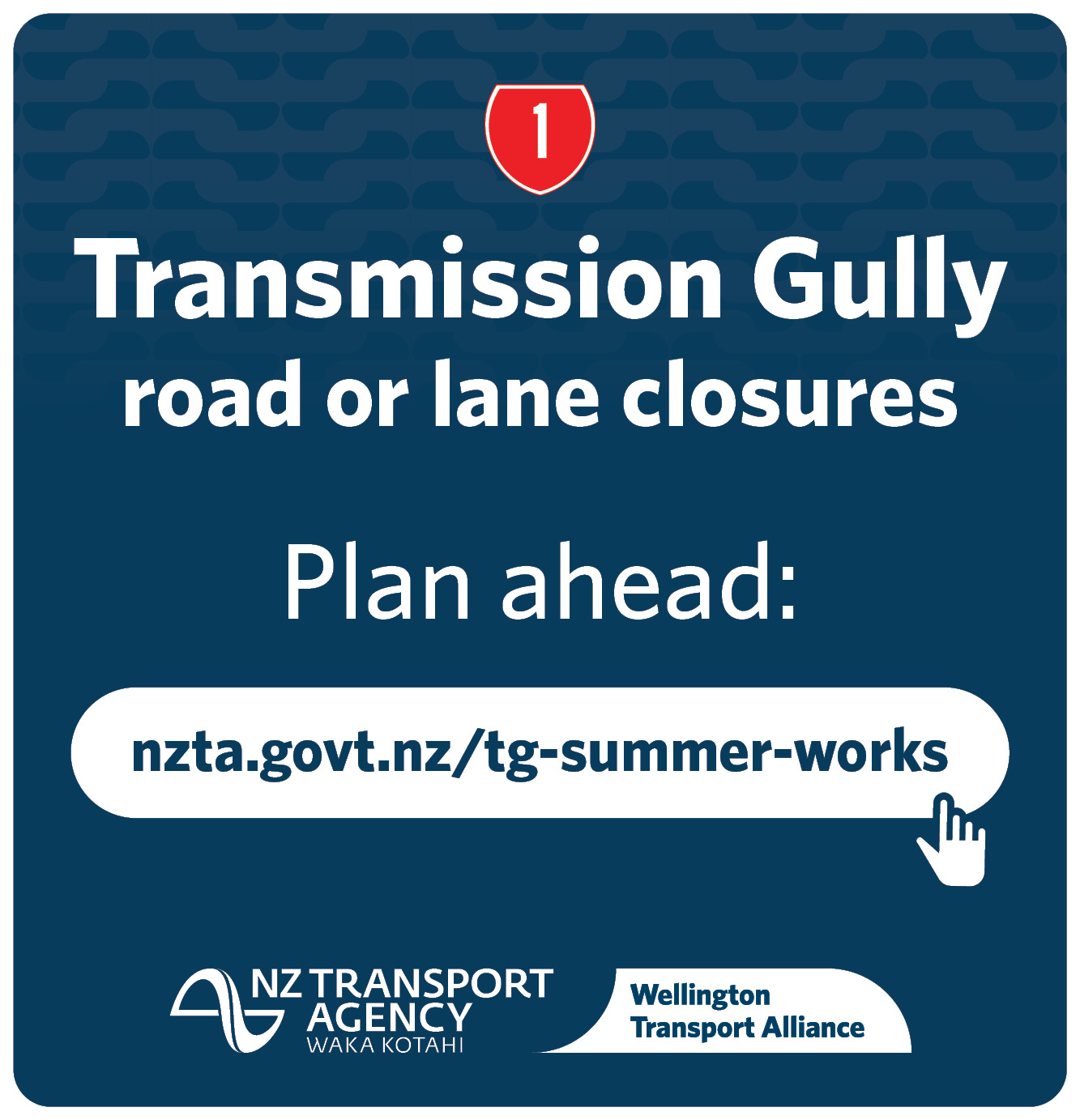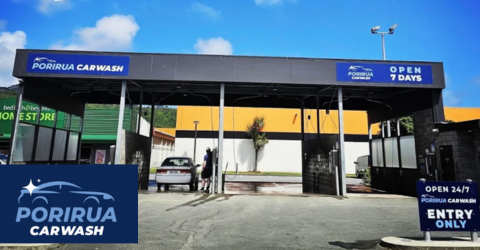
Column by Greater Wellington Regional Chair, Daran Ponter.
The Government’s proposed changes to the Resource Management Act (RMA) is the most widespread alteration of how we manage our resources since the Act was passed in 1991 and will have significant implications for how land, water, biodiversity and infrastructure are managed.
As the environmental authority, Greater Wellington is responsible managing the region’s natural resources. We issue resource consents in Porirua for new housing developments, work in the streams, structures in the harbour, and discharges of substances that pollute the air, water or land.
Protecting people and the environment is a key condition of these consents.
We also involve mana whenua in this consent process, given their role and responsibilities as kaitiaki, particularly within their sites of significance.
Changes to the RMA and national direction have become a regular occurrence with changes of government. When policy resets (as often as every three years), we as regulators must scramble to deliver the new government’s changes. This kind of pivoting is not in the public interest.
Such regular changes make resource consenting a more uncertain process and doesn’t give us enough time to properly bed in policy and rules, directly impacting people who want to build on their land, farm, or progress development projects.
The bigger obstacle to resource consent activity now, is not too many rules – it is that the rules continue to change and goal posts keep shifting.
In 2014, the National Policy Statement looked at the rules around freshwater and directed us to work with communities and mana whenua. This started Greater Wellington’s Whaitua process, which began in 2015 in Porirua. It was a collaboration between the council, mana whenua and the wider community on how to best manage our freshwater, with flow-on impacts for our estuaries and harbours, and was completed in 2019.
The rules designed through this process then became part of regulation and the changes were notified to the Natural Resources Plan in 2023. The process was lengthy, and we are still hearing submissions on that plan change now, with completion still over a year away.
The new national direction on freshwater management may change many of these rules again. This will undo a huge amount of work over the last four years, that was centred around what the Porirua community values about the waterways within the Whaitua.
Bipartisan governance is essential when it comes to consistent management of regulations. Regardless of who is in government, we can’t have rule changes every three or six years simply because the pendulum has swung the other way politically.
There have been more radical changes in policy under recent successive governments. Regional councils and unitary authorities are pushed back and forth between policies and unfortunately, we are the ones who have to face the music day to day.
Frustration in regulation is directed at the regulators which may seem logical, but we are compelled to follow the direction that is put in front of us by the government of the day.
The idea of bipartisanship on regulations may seem an unlikely solution but it is a challenge for the Minister and the leaders of the opposition parties. In our democratic system, everybody is going to have to find a degree of compromise if something like that is going to work.
Regional councils have worked constructively with successive governments, and we plan to continue in this direction.
Greater Wellington encourages people to talk to our staff before applying for a resource consent. We can advise if you are applying for the right type of consent and that you include enough information to avoid unnecessary delays.
Daran Ponter
Chair, Greater Wellington





































































